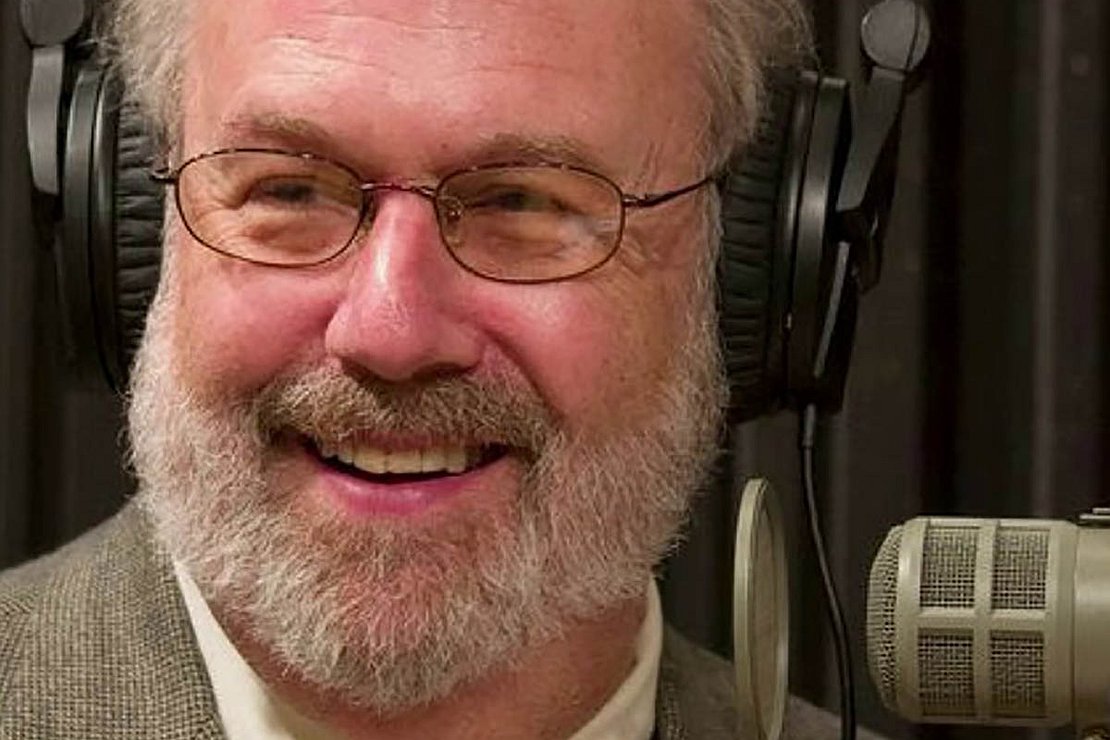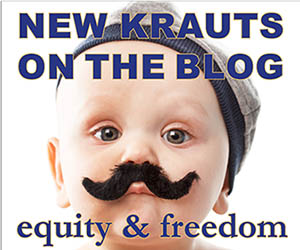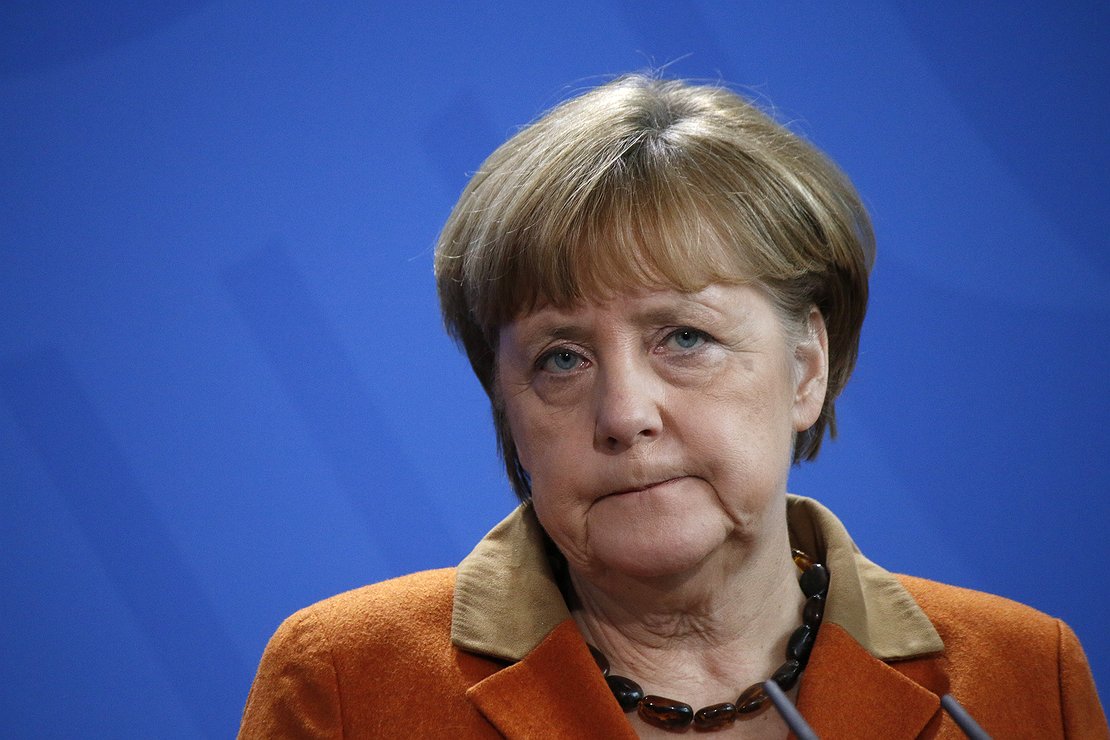
Prestigious prize:Lew Rockwell wins the ‘Roland Baader Award 2018’
The German ‘Institut für Austrian Asset Management’ (IfAAM) has announced that the American publicist Llewellyn Harrison (Lew) Rockwell Jr. has been awarded the ‘Roland Baader Award 2018.’
This is great news, and for the libertarian community in both English and German-speaking countries a huge and symbolic development. The award ceremony will take place on 2 June 2018 as part of the 9th Mark Banco Investors' Conference in the ‘Historisches Museum,’ Hamburg.
On their homepage, the IfAAM state that they offer a “forum for interested investors and financial advisors independent of banks, and publishes academically substantiated investment advice founded on the Austrian School of Economics.” Their goal is “to protect the purchasing power of private assets from the foreseeable collapse of the statist fiat money system.”
Without Lew Rockwell, the IfAAm note, “the Austrian School of Economics would today only be a footnote in the history of ideas.” Their press release continues: “His contribution to the popularization of this tradition of thought and to the preservation and further development of its approaches can hardly be overestimated. In a hostile academic and journalistic environment, both in the USA and in Europe, characterized by statists and their fellow travelers, Rockwell showed the courage to take defiant positions. He personally worked alongside Ludwig von Mises and his most important student in the US, Murray N. Rothbard, who both entrusted Rockwell with their intellectual heritage.”
The Roland Baader Award is indeed an eminently appropriate prize for Rockwell. The IfAAM remind us that Rockwell “did for the US what Roland Baader succeeded in doing for German-speaking countries,” namely, popularize the Austrian School of Economics. Baader, who sadly passed away in 2012 aged 71, was a student of F.A. Hayek when the latter lectured in Freiburg. He was a member of the Mont Pelerin Society and of the Property and Freedom Society.
I myself was converted to the Austrian School after reading one of Baader’s works. From what I hear, this is true of many in the libertarian movement in German-speaking countries. In 1996, I happened across his book ‘Kreide für den Wolf’ (‘Chalk for the Wolf’), published in 1991, which warned the reader that socialism was by no means dead. At the time, many were thinking that because of the recent collapse of the eastern bloc. Instead, he contended that it had simply eaten chalk, like the lupine predator in the Grimm’s fairy tale of the Wolf and the Seven Little Kids. The chalk makes his voice soft and high, so the kids are fooled into thinking their mother has returned, and open the door to him. State welfarism, Baader warned, was the softly spoken socialism which, if not stopped, will gobble us all up.
IfAAM’s award for Rockwell is highly symbolic, namely of the mutual beneficial influence the freedom movements of the German and English-speaking worlds have had on each other, going back a very long time. As Ralph Raico noted in his book ‘Die Partei der Freiheit,’ the 19th century Manchester free traders inspired German economists, who from 1865 to 1875 created the foundations on which German economic order rests to this day. They were followed by people like the parliamentarian Eugen Richter, who did his best to fight the arch statist, welfarist and warfarist Otto von Bismarck, whose malevolent intellectual and ontological influence is palpable throughout the Western world and beyond to this very day.
In the late 19th century, the Austrian School of Economics was born. If you follow Peter Watson in his groundbreaking book ‘The German Genius,’ Austrians certainly belong to the wider German cultural sphere, just as much as the people in all the exclaves of German settlements in Eastern Europe before the massive ethnic cleansing after the Second World War. When the proponents of the Austrian School had to flee Europe from the Nazis – most dramatically Ludwig von Mises – they, and their ideas, found refuge in the UK and US, especially in the latter, where they formed the nucleus of the modern Austro-libertarian movement.
Their ideas also survived in Nazi Germany ‘underground,’ as evidenced by Ludwig Erhard. The economics minister in Germany’s first post-war governments, who before the end of the Second World War secretly drew up a plan of how to rebuild the German economy, had been partly influenced by the Austrian School. He outsmarted the occupying allied forces, who initially opposed his policies of deregulation, which were enacted in 1948. His firm belief in the free market laid the foundation of Germany’s ‘Wirtschaftswunder,’ or ‘economic miracle’ of the 1950s and 60s. Meanwhile, some of the self-exiled ‘Austrians’ returned to Europe, among them Hayek, and gave us, among others, Roland Baader.
Today, there are many examples of fruitful German-American cooperation in the world of libertarianism. President of the Property and Freedom Society Hans-Hermann Hoppe, who counted Baader among his personal friends, is a leading light in the worldwide freedom movement. He is a senior fellow at the Mises Institute, founded, as the IfAAM remind us, in 1982 by Rockwell with the consent and cooperation of Mrs. Mises. Guido Hülsmann, who wrote a detailed biography of Mises and a seminal book on ‘The Ethics of Money Production,’ is another senior fellow. Thorsten Polleit, who has written many articles for mises.org, recently founded the German Mises Institut. The German anarcho-capitalist Stefan Blankertz, who wrote a comprehensive refutation of Steven Pinker’s state-worshiping book ‘The Better Angels of our Nature,’ was recently interviewed on the Tom Woods show. As part of the next generation, Philipp Bagus, an associate scholar of the Mises Institute, has written the book ‘The Tragedy of the Euro,’ which has been translated into many languages. Is it too farfetched to include in this list of ‘German libertarians’ the heroic American presidential candidate Ron Paul, whose father was the child and grandchild of German immigrants? In any case, his candidacies were a huge inspiration and encouragement for many people around the world, not least in Germany, Austria and Switzerland.
With the Mises Institute, writes the IfAAM in their press release, Rockwell “not only made friends, for the institute was founded in deliberate contrast to ‘think tanks,’ which for the purpose of influencing politics cut corners in their adherence to principles, and to universities, which are increasingly dominated by careerists and thought police.” They also highlight the early utilization of the Internet, which the Mises Institute used to “focus on and address a broad audience, especially young readers. Their comprehensive digital library makes a large part of the scholarly writings of the Austrian School freely available worldwide. Without the work of the Mises Institute, the rediscovery of the Austrian School would hardly have taken place. Via the Internet, interested people throughout the world came across ideas and approaches of this almost forgotten tradition.”
Finally, “in 1999 Rockwell launched LewRockwell.com, one of the oldest and most successful weblogs of the Austrian School, and became a role model for many publicists. He proved that even outside mainstream media, thanks to the Internet a journalist can reach a mass audience. As a former fellow traveler of Ron Paul, Rockwell played a decisive role in the attention that all of a sudden returned to the Austrian School a few years ago. In his work, which did not shy away from simple language, popular topics of the time and harsh words about the zeitgeist, he did for the US what Roland Baader succeeded in doing for German-speaking countries. This makes Lew Rockwell an obvious and deserved winner of the Roland Baader Award.”
The laudatory speech, concludes the IfAAM press release, will be given by last year's prize winner, the ‘Austrian’ economist, and philosopher from Austria, Rahim Taghizadegan.
‘equity & freedom’ congratulates Lew Rockwell on the Roland Baader Award. It is well deserved. May Rockwell’s beneficial influence on our world continue for a long time, and may many more people find their way to freedom through his work and the work of those he, and Roland Baader, and others like them, have inspired.
Website of the ‘Institut für Austrian Asset Management’ (IfAAM).




